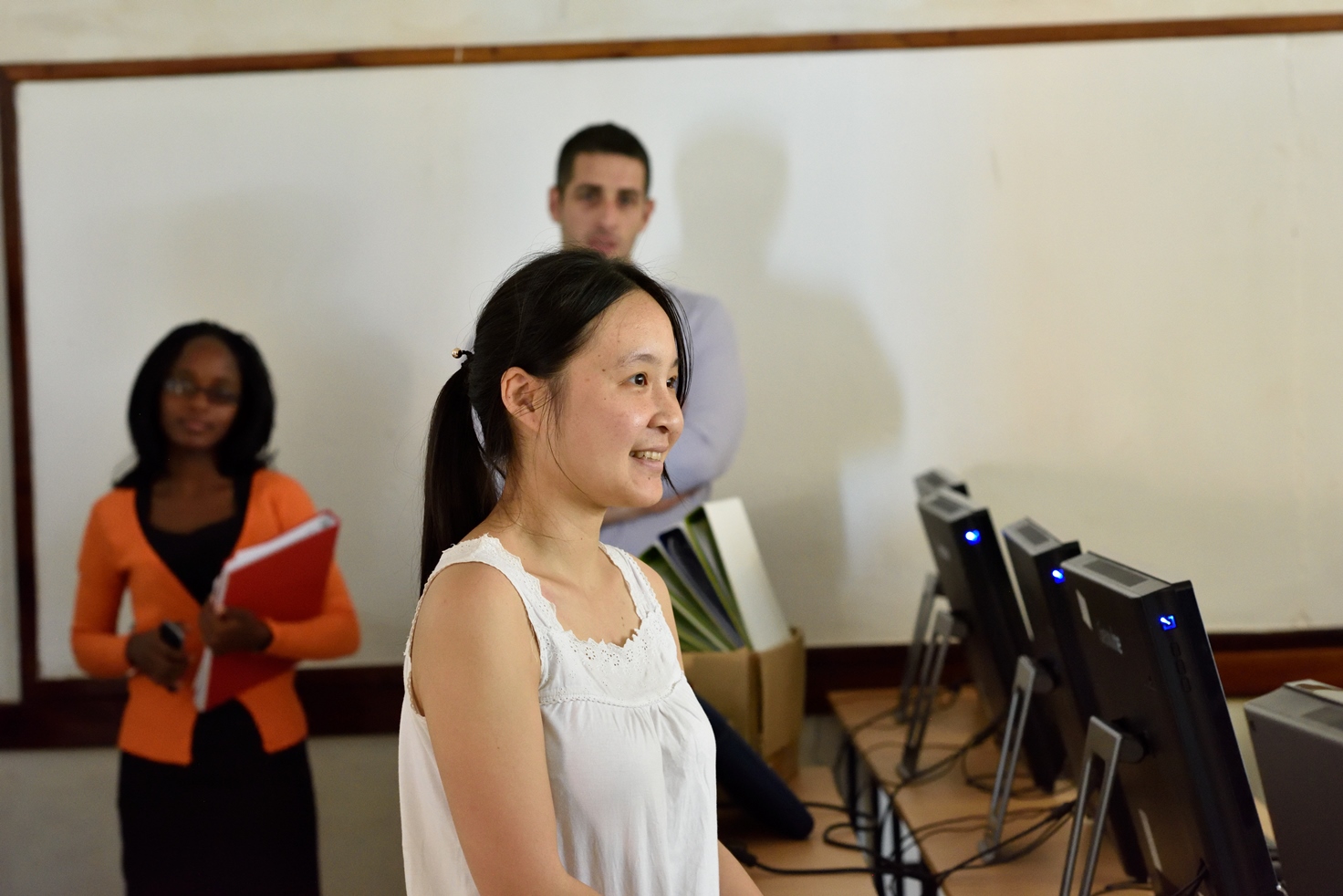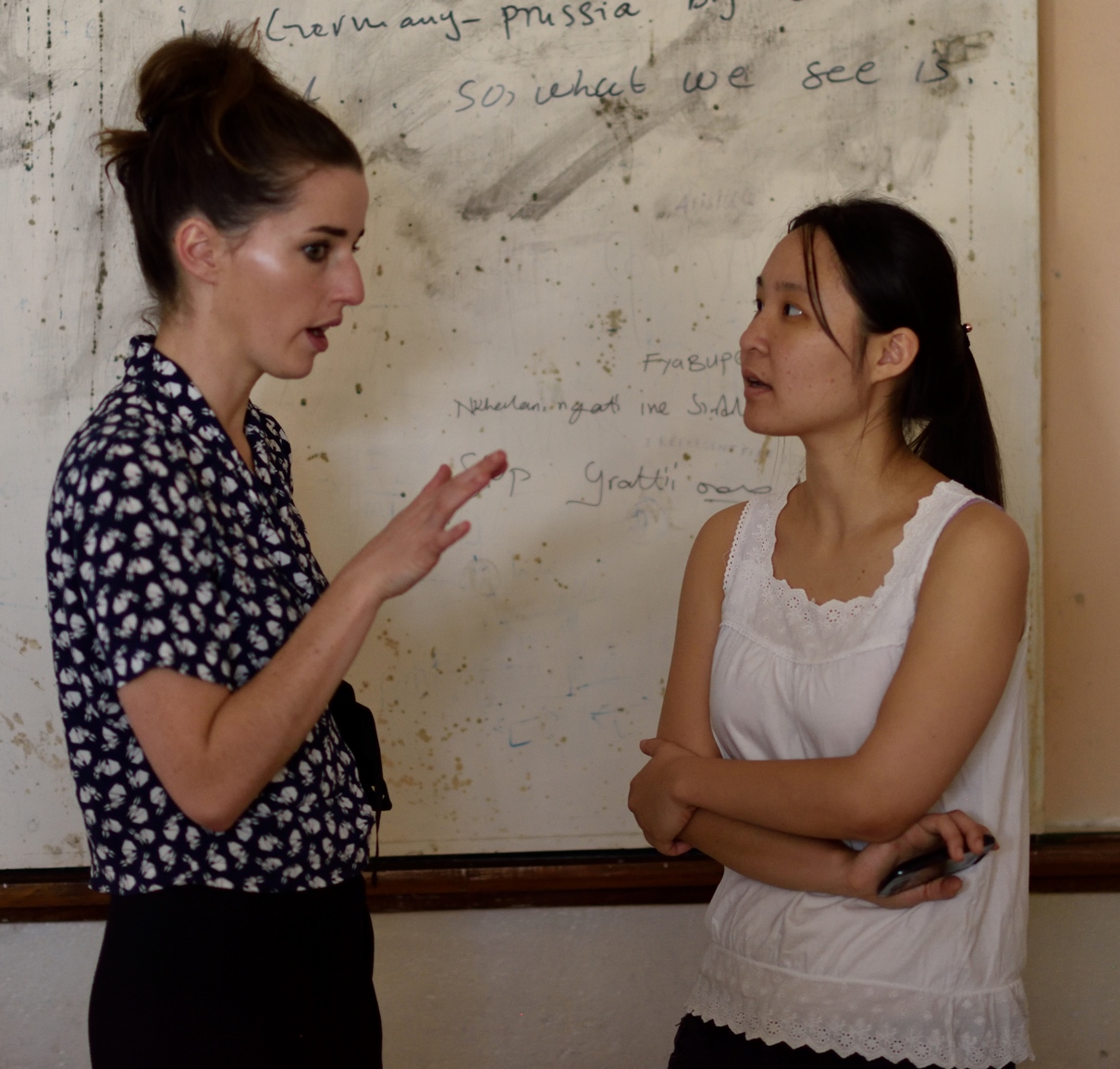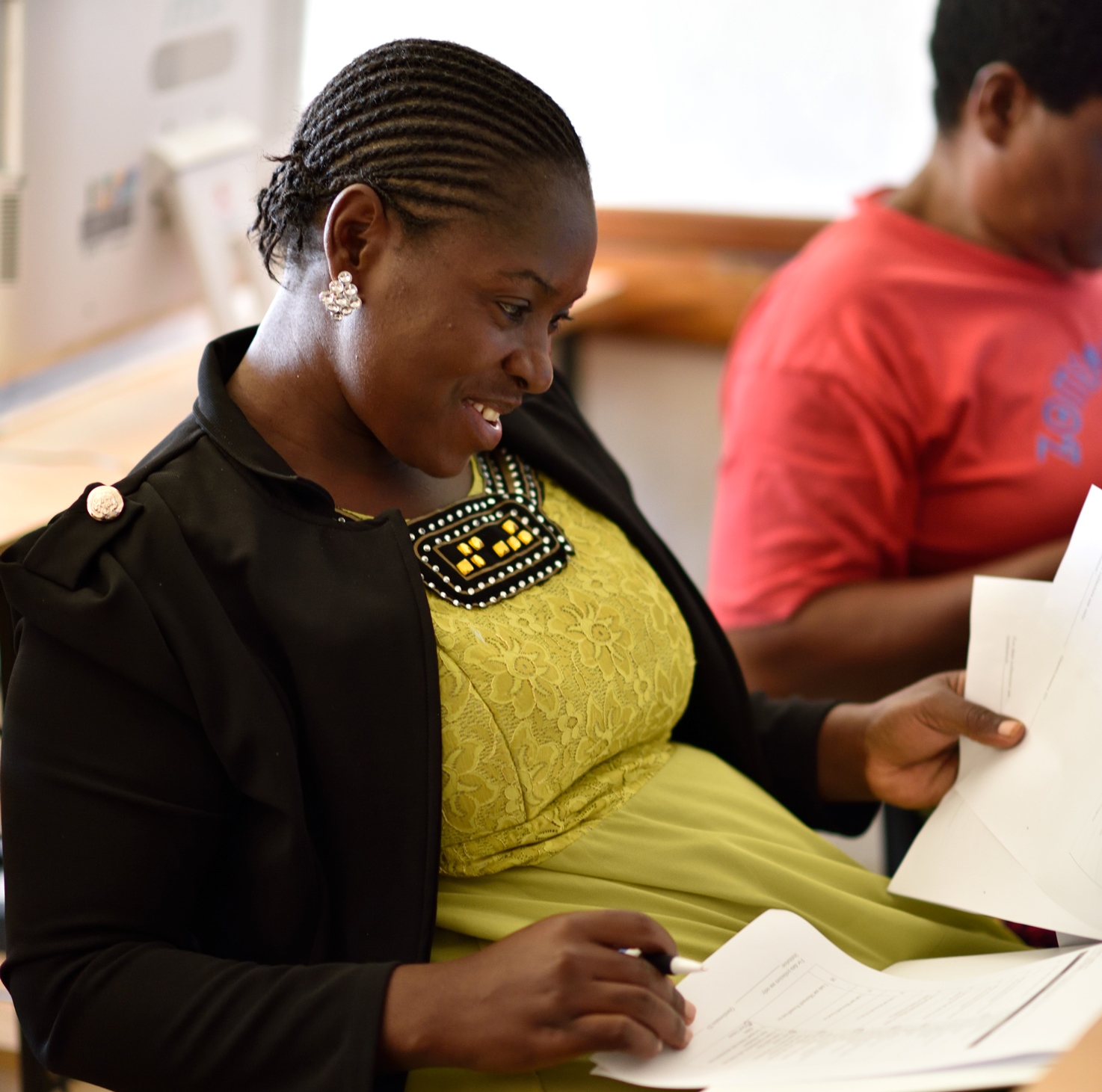Malawi eHealth Course
eHealth solutions have become one of the most powerful tools in healthcare within the last decade. Governments, particularly in developing countries, have increasingly acknowledged the great potential eHealth solutions for improving health. In Malawi, 85% of the population lives in rural areas where the first point-of-contact of healthcare is a community health worker, also known as a Health Surveillance Assistant (HSA). At present, the Ministry of Health does not offer HSAs or HSA Supervisors training on ICT or eHealth due to limited resources. However, eHealth and mHealth solutions are becoming more common amongst this cadre of health workers. The ‘Introduction to ICT and eHealth’ course was developed by Luke International (LIN), Norwegian Church Aid and Imperial College London to build capacity amongst the frontline community health workers such as HSAs in Malawi.
Two iterations of the eHealth course were conducted in November (9th to 13th) and December (7th to 11th) 2015 at Mzuzu University in Mzuzu, Malawi. Lectures were delivered by academic staff and researchers from Mzuzu University, LIN, and Imperial College London. Students gained practical skills for computer use as well as theoretical knowledge on eHealth and mHealth concepts. The students comprised of both HSAs and HSA Supervisors, who were selected by the District Health Office to attend the course. Prior to the course, most HSAs had very little experience with computers. Although all HSAs had experience with at least one SMS-based eHealth intervention. Overall, students reported that they were satisfied with the quality of the course and that the knowledge acquired would be helpful in their work. Upon completion of the five-day course, students were awarded a certificate of completion.
While HSAs gained a very useful introduction to computers and eHealth from the eHealth course, they were required to leave their communities for a full work week in order to attend the course. In a developing country such as Malawi, this absence can present a major strain to the community. In order to explore more effective modes of teaching for frontline health workers, we plan to investigate if a blended learning model will be more suitable for their learning needs. The proposed blended learning course would allow HSAs to access learning content via mobile devices from their communities. This approach aims to maximize the benefits of the eHealth course while helping to minimise the costs to the HSAs and their communities. Upon completion of the blended learning eHealth course in April 2016, we hope to contribute to the evidence supporting the sustainability of eLearning solutions in low and middle income countries. Building on this learning experience, we will feed the knowledge gained into the future eHealth courses developed by the Malawi eHealth Research Centre. A selection of photos from the two courses are provided.












